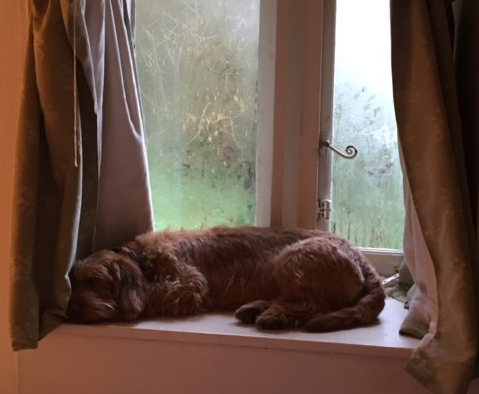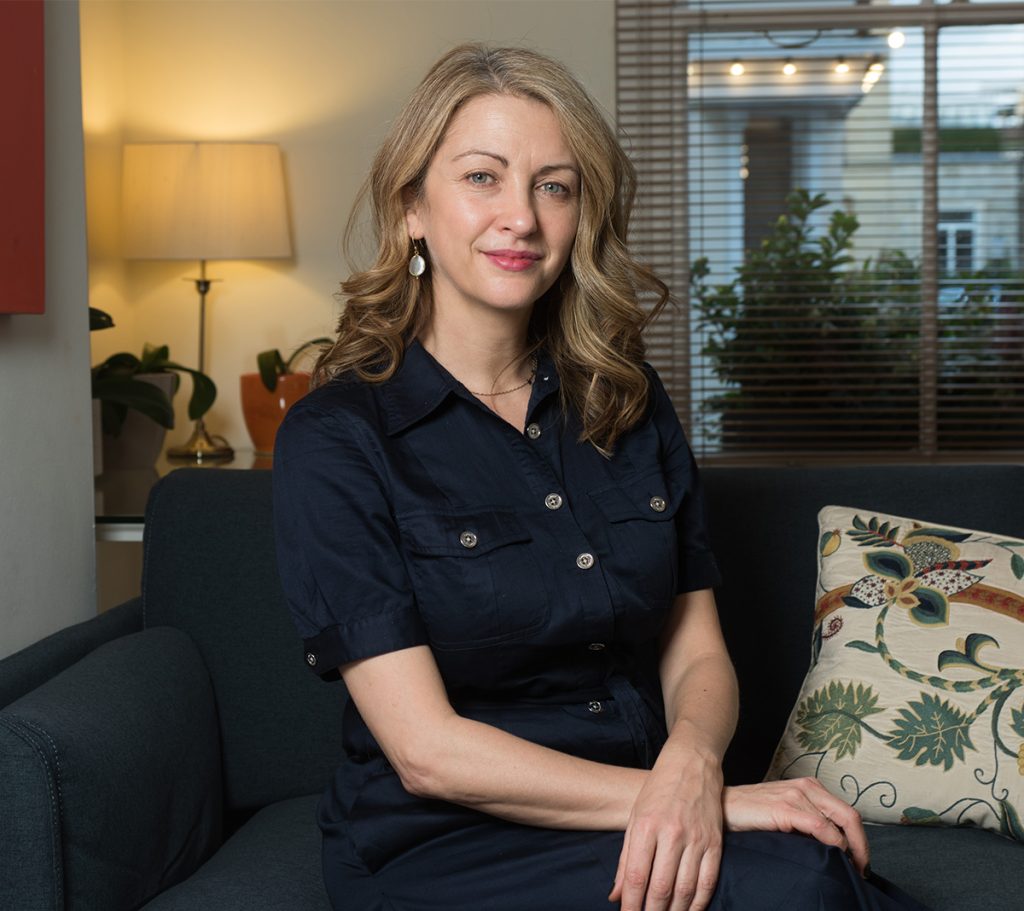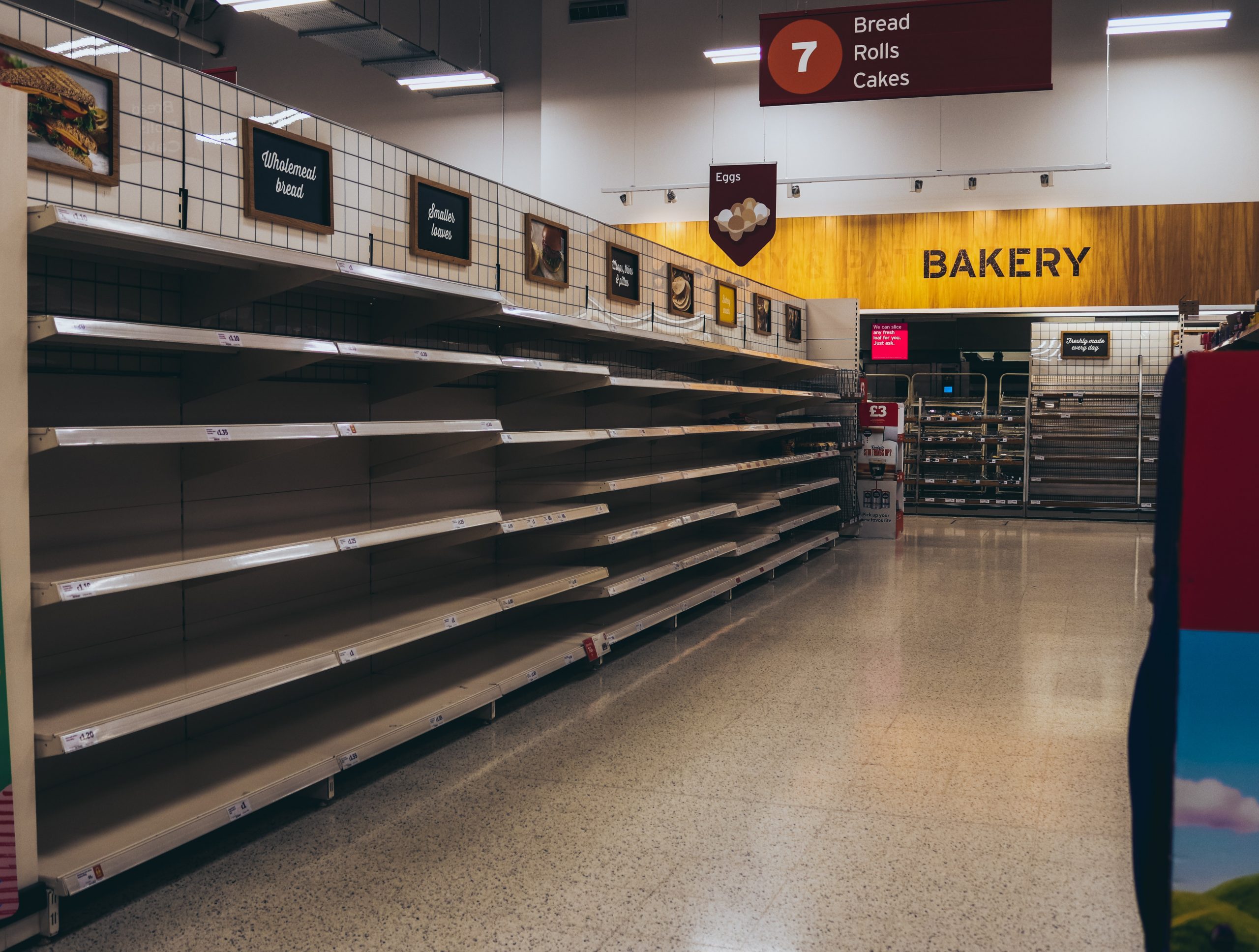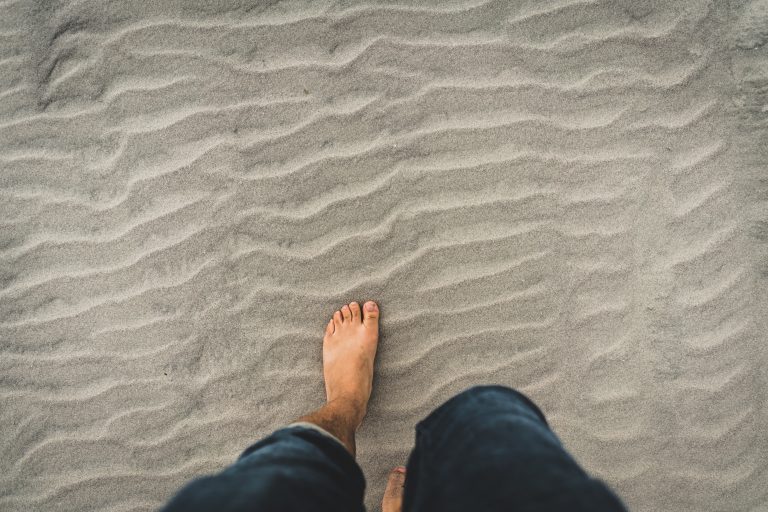
As the reality of today’s normal starts to sink in, we have all been noticing some pangs for the things we now don’t have, or which soon might be unavailable to us
Many of us are trying to come to terms with missing out on events we were looking forward to or had worked hard to achieve. Holidays, birthday parties, graduations and even simple pleasures such as family Sunday lunches have all been cancelled. It is intrinsically human to have feelings about this and not to be automatically ready to “buck up” or “think of the bigger picture”. Most of us use rewards to motivate ourselves and we are generally encouraged to work hard in our lives so that we can achieve an end result. It would not be surprising then if we now feel somewhat let down by life or that what is happening is not fair. We might feel angry and want to fight against the reality of what is happening, we may feel really sad, a bit hopeless or helpless and afraid. All of these responses and more are quite understandable.
As well as this, we have had many of our usual freedoms and choices removed and accessing the everyday things that we took for granted are now not available to us. The quiet environment of the University Library, the best cappuccino place on the way to work, a workout in the gym or even our favourite foods being available at the supermarket all seem like luxuries at present.
So why do we care so much about these things?
The painful feelings which arise as a response to all of this loss and deprivation can feel surprisingly intolerable and often tap into either very primitive survival instincts or early experiences of a lack of nurture and safety.
It is not uncommon in the work we do at TRC to find that what can appear to be a dependency (drugs, alcohol, food, exercise, relationships), OCD, self-harm or other patterns of behaviour are in fact a need to escape or avoid these very same uncomfortable emotional states.
Findings from various historical experiments with rats demonstrate that when they have the chance to drink from a normal water bottle vs. a water bottle laced with drugs, nearly 100 per cent of the time they overdose on the drug-water quite quickly. Bruce Alexander, a psychologist based in Vancouver, noticed these were rats who were isolated, without company or other stimuli. He decided to emulate this research study but with some key differences. For the new study, he created “Rat Park,” a community where rats could eat well, exercise, and, most importantly, where they had company. The results went from almost 100 per cent overdose in the isolated rats to zero per cent overdose when they have happy and connected lives.
As Johann Hari says in his TED Talk, “Human beings have a natural and innate need to bond, and when we’re happy and healthy, we’ll bond and connect with each other. But if you can’t do that — because you’re traumatized or isolated or beaten down by life — you will bond with something that will give you some sense of relief.” Whether that relief, that search for connection and escape from feelings, comes from drugs, sex, gambling, food, whatever it may be, we are wired for connection, we are dependent on it, and thus, it is within our nature to seek it out by whatever means necessary.
If we already have that connection in our life, if we have our own “Rat Park” so to speak, we do not feel the need to seek reward elsewhere. We are able to be grounded and present in our reality and to tolerate our emotional states. As Johann states, a core part of dependencies is not only the lack of bonding, or the lack of desire to be present, but goes as far as “not being able to bear to be present in your life.”
Now I am not for a moment suggesting that everyone who ran out and panic bought loo rolls is tapping into an unresolved attachment trauma. But it is certainly worth considering that this kind of irrational need to ensure a plentiful supply of a soft familiar substance might just be a way to escape, avoid or gain control over something that feels intolerable.
Even the most well-adjusted amongst us will be quite naturally reliant on the world being as we expect it to be, so that we can gain from it what we need to be healthy and happy.
So what can we do?
Firstly, I want to encourage everyone to make space. Before we rush to fill up the gap that is left by what we now don’t have, I would invite you to take a moment to allow yourself to feel whatever that lack of something makes you feel. Use the grounding and breathing techniques described in last week’s blog to support you and to help you find space and acceptance of whatever comes up. Notice it, observe it, breathe with it.
You might like to write down the things that you now don’t have or are anticipating not having and the feelings that arise for you. You might not be able to identify an emotion, but perhaps you can describe it as a physical sensation such as agitation, or as a thought such as “I’m going to fail my exams now.”
Observe and note what you find – not to try to change them but to validate that these feelings are real and important to you. Take the time to do this and, if you can, perhaps find someone you trust to share.
Some of the TRC team have practised the same and we would like to share here.
“I suddenly realised that I can’t visit my Dad and I felt flooded with guilt that I hadn’t seen him for a couple of months, I was super agitated and my foot wouldn’t stop jiggling”
“Suddenly wondering last week, as I realised there were no more online deliver slots left from any supermarket, and that we would be making picnic meals from here on in, I looked around the kitchen and all I could think about was “Flash for the floor – I need Flash floor cleaner.” I realise that adrenaline had control of my thinking and that it overrode my need to feed my children although I figured we’d probably find food somewhere – it really was the floor cleaner that’s bothered me. I’ve moved past it now thank god (because I know I can also use shampoo)”
“I feel shallow to be thinking about how grey my hair roots will get. I think the stripy grey roots makes me look strange and tired and being able to get my hair done has always been a time when I totally chill out and forget about anything serious which I love. I’ve only had big grey roots recently when I have been too busy to get to the hairdresser so I guess that adds to the association to being tired and not having time for myself”
Validating and sharing may be just what you need but perhaps you might also want to figure out what you really need rather than fixating on what you don’t have.
If you are sad, do you need comfort? – a hug, snuggle in a blanket, a warm bath, facetime a friend, let yourself cry, watch a familiar film or tv series.
If you are agitated do you need to release the tension or focus it – progressive muscle relaxation, going for a run, reorganise your sock drawer, make a new Spotify playlist.
If you are afraid or anxious do you need to feel safe? – belly breathing, grounding techniques, connect with a loved one or a pet.
If you are angry do you need to express yourself or diffuse the feeling? – punch pillows, scream out loud, write down everything that is making you angry then rip it all up.
Perhaps you can write your own lists of suggestions for what else might help with other emotions.
Once we have accepted and validated our feelings, Gratitude can be a fantastic ameliorate to most painful experiences and Lucinda has written more on this in her blog this week.

Author: Michelle Scott
Michelle Scott, of TRC Group in Edinburgh, specialises in long-term recovery from mental health problems




